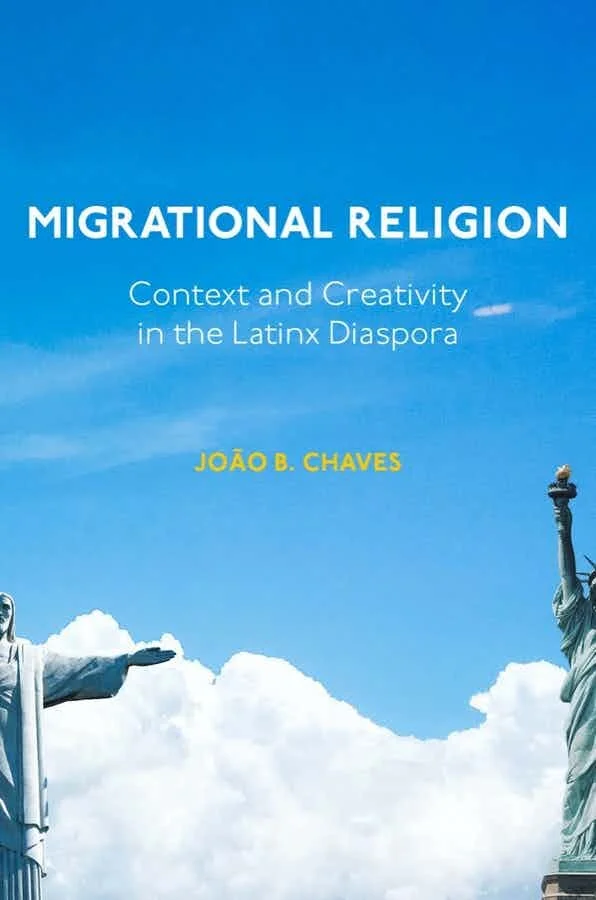Migrational Religion
Daniel Montañez and Dr. João Chaves discuss his new book on context and creativity in the Latinx Diaspora
Rio de Janeiro’s Christ the Redeemer meets New York City’s Statue of Liberty. Image source: freakingnews
Migrational Religion: Context and Creativity in the Latinx Diaspora (Baylor University Press, 2021) by Dr. João Chaves offers an account of the dynamics that shape the role of immigrant churches in the United States. Many scholars have documented how migration from Latin America to the United States shapes the interconnected spheres of religious participation, political engagement, and civic formation in host countries. What has largely gone unexplored is how the experiences of migration and adaptation to the host country also shape the ecclesiological arrangements, theological imagination, and communal strategies of immigrant religious networks.
Dr. Chaves’s work acts as a case study of a network formed by communities of Brazilian immigrants who, although affiliated with the Southern Baptist Convention, formed a distinctive ethnic association. Based on six years of ethnographic work in eleven congregations across the United States, dozens of interviews with Brazilian pastors, and extensive archival history in English and Portuguese, Migrational Religion documents how such churches adapted to unique challenges, and reveals how the diasporic experience fosters incipient theologies in churches of the Latinx diaspora.
In this OP Talks feature, HTI scholar and Boston University doctoral student Daniel Montañez engages Dr. Chaves in conversation as part of a book-launch event organized by the Mygration Christian Conference, an organization founded by Montañez that explores “God's heart through stories of immigration.”
Original air date: 11 October 2021
“João Chaves understands his interlocutors as very few others do. He masterfully interweaves the stories of individuals, congregations, and transnational migrant networks, underscoring their impact across nations, cultures, and faith communities.”
—Raimundo C. Barreto
Associate Professor of World Christianity
Princeton Theological Seminary




